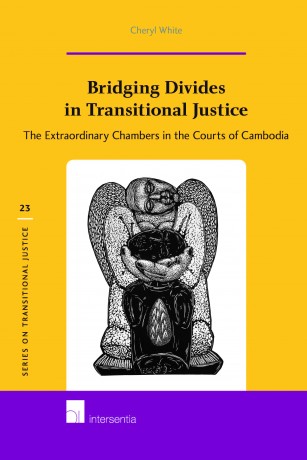
The backdrop to Bridging Divides in Transitional Justice is Cambodia’s history of radical Communist revolution (1975–1979) under the brutal Khmer Rouge regime, and the culture of impunity and silence imposed on the society by successive national governments for close to three decades. Dialogue on the suppressed past began in 2006 as key figures of the regime were brought before the in situ internationalised criminal court, the Extraordinary Chambers in the Courts of Cambodia (ECCC). The ECCC forms part of the panoply of international criminal courts of the post-Cold War era. The book engages with the dissonance between the expressivism of idealised international criminal trials and their communicative or discursive value within the societies most affected by their operation. An alternative view of the transitional trial is posited as the author elucidates the limits of expressivism and explores the communicative dynamics of ECCC trial procedure which have precipitated unprecedented local debate and reflection on the Khmer Rouge era.
The book provides a timely and nuanced analysis of the ECCC’s politically contentious and frequently criticised proceedings by examination of the trial dialogue in the Court’s first two cases. From transcripts of the proceedings, exchanges between trial participants including witnesses, civil parties and the accused, are examined to show how, at times, the retributive proceedings assumed the character of restorative justice and encompassed significant dialogue on current social issues, such as the victim/perpetrator equation and the nature of ongoing post-traumatic stress disorder flowing from the events that took place under this violent regime The Court’s capacity for representative and discursive proceedings is attributed to the substantive inclusion of the voice of the victim in proceedings, a modified inquisitorial procedure, narrative testimony and role-sharing between national and international court actors.